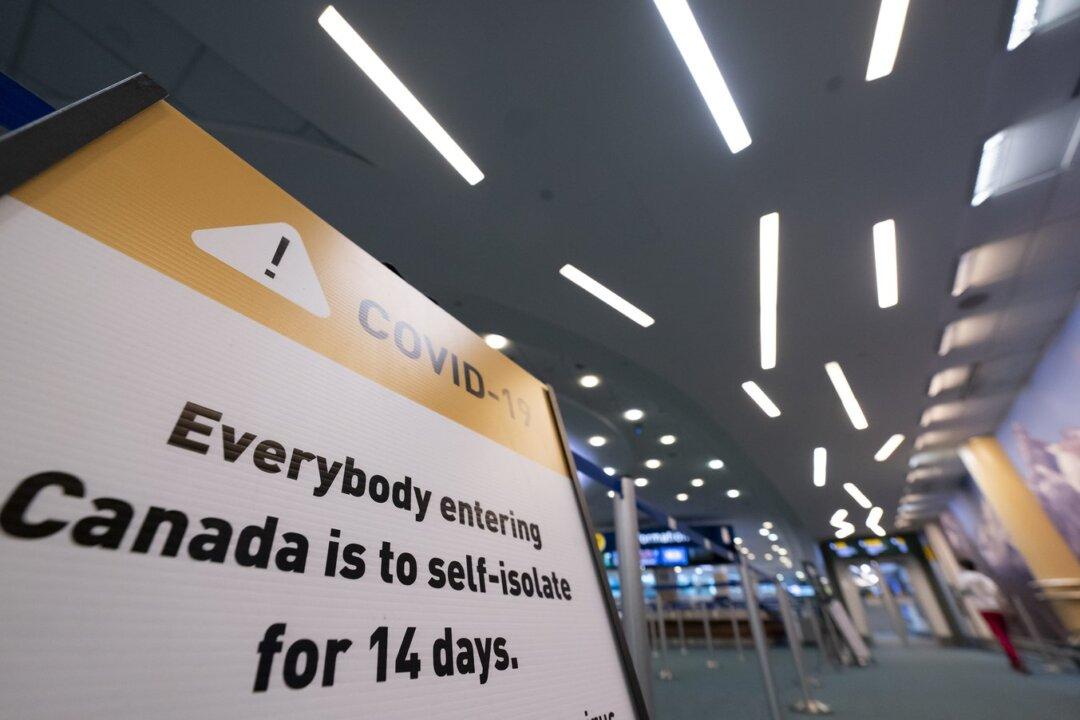Airport security screeners are going public with what they deem substandard pay and “disrespect” from the federal agency that oversees their work.
The screeners are wearing street clothes at 42 airports as part of a new “Casual Monday action” to draw attention to concerns over wages and working conditions amid negotiations around a new collective agreement, the United Steelworkers union said.





